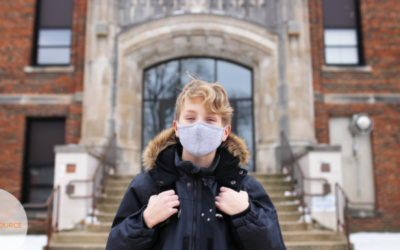We know that many families struggle with how and when to allow young people to use technology, including social media. Along with our other resources linked below, we wanted to include an example of a family technology covenant.
The idea of a technology covenant allows parents and teens to discuss important aspects of usage before they become a problem. It sets out boundaries and expectations early and helps parents and teens to have a space to return to when issues arise. We are thankful for St. Stephen Lutheran Church in Liberty, Missouri for allowing us to use their example as a base for this resource.
You can find other social media resources here:
- Starting a Conversation about…Social Media
- Social Media through the Filter of Christ
- Connected but Alone: Navigating the Curse of Social Media
Download the PDF of the Family Technology Covenant Here.
Family Technology Covenant
As a Christ following family, we desire our online digital imprint to reflect Christ’s selfless love. We reflect Christ’s selfless love when our online participation honors, loves and trusts in the Lord above all things. We reflect Christ’s selfless love when our online interaction loves and serves others in a God pleasing way.
Therefore, I agree to use technology in a manner that shows I am a Christ follower. I agree to honor the Lord by following the rules listed below and all other stipulations my parents give me regarding the use of digital technology.
I agree to use devices only during the times and places specified by my parents.
I agree to share all my passwords with my parents and to never share them with others.
I agree to never give out any personal information such as my birthday, address, school, or phone number without my parents’ consent. I will be contentious not to post pictures that show personal information as well.
I agree to reflect Christ in my online presence in both written word and/or in speaking by never bullying, or slandering others. I will also not copy or forward any such messages to others.
I agree to inform my parents if I experience or witness any form of cyber bullying or encounter an uncomfortable or threatening situations.
I agree to not use devices when it’s dangerous such as driving, biking or walking.
I agree to get parental permission before I sign up for social media sites, or download apps.
When I make mistakes online, I will talk with parents and confess where I have sinned and receive absolution. Even when I am nervous or afraid to talk with parents about what is happening online, I will trust they have my best interest at heart.
I understand when interacting with others online that: People are not always who they say they are; People do not always tell the truth; There is no such thing as privacy online.
I understand that by not abiding by these rules at all times my parents can remove all forms of technology from me and restrict or ban my use of technology for a time in which they deem appropriate.









0 Comments